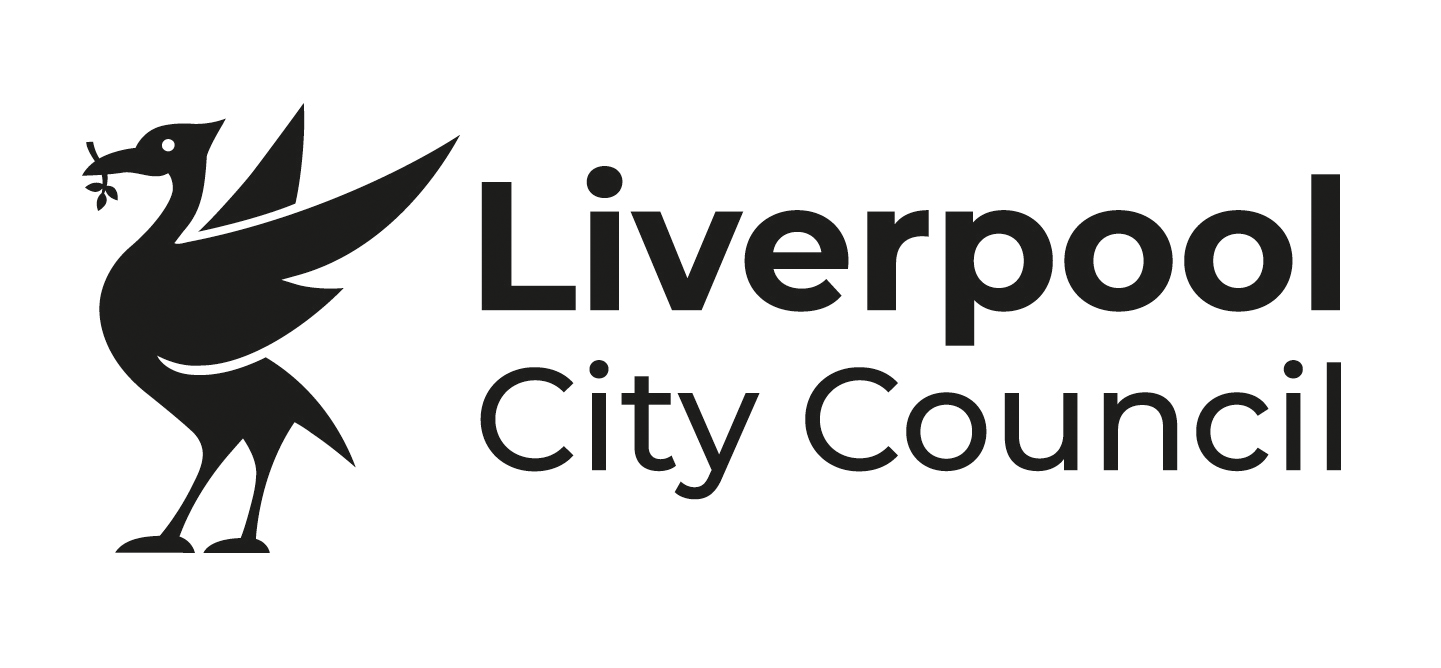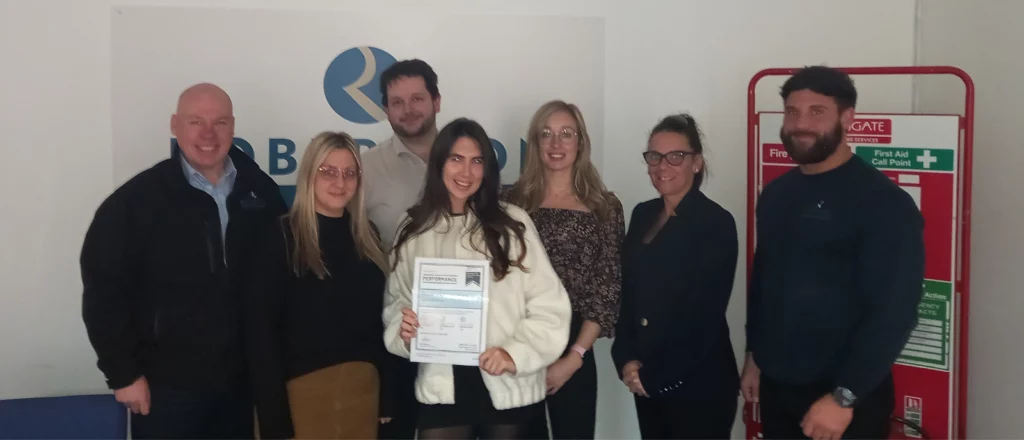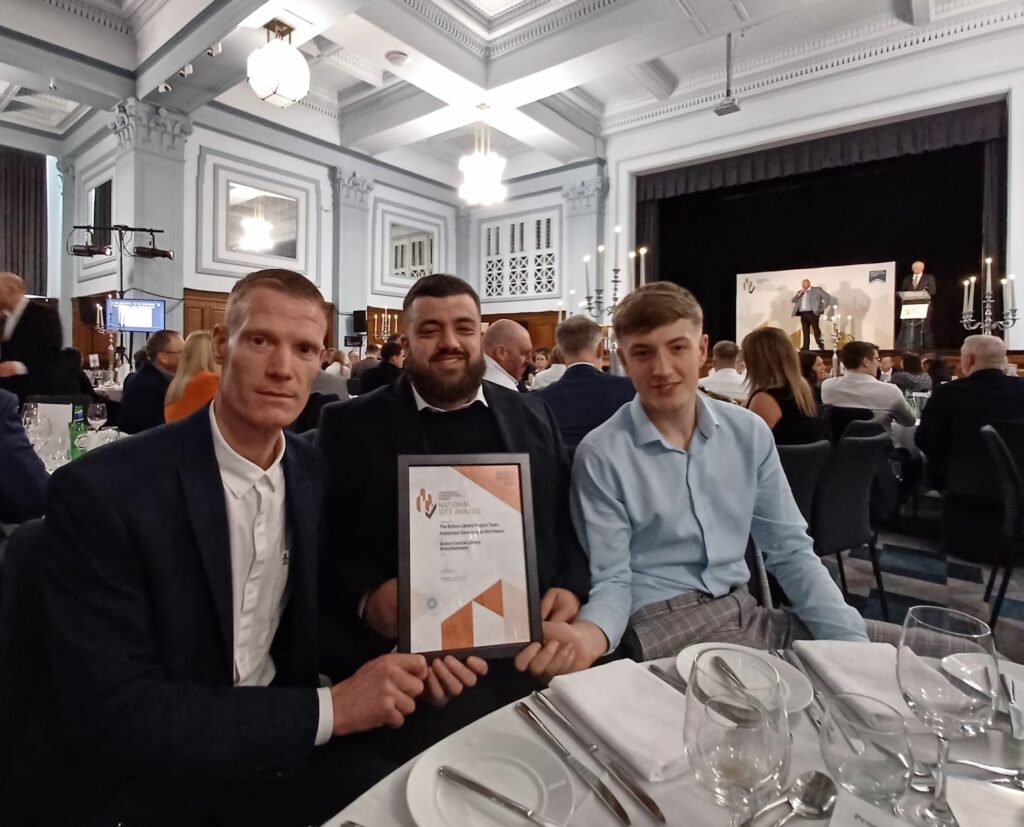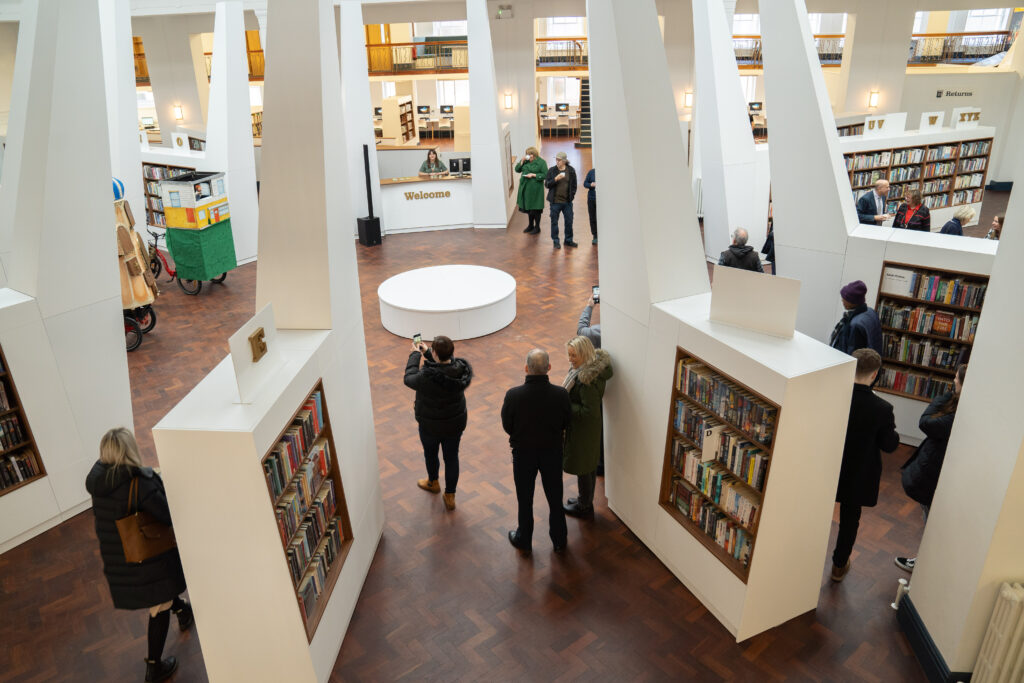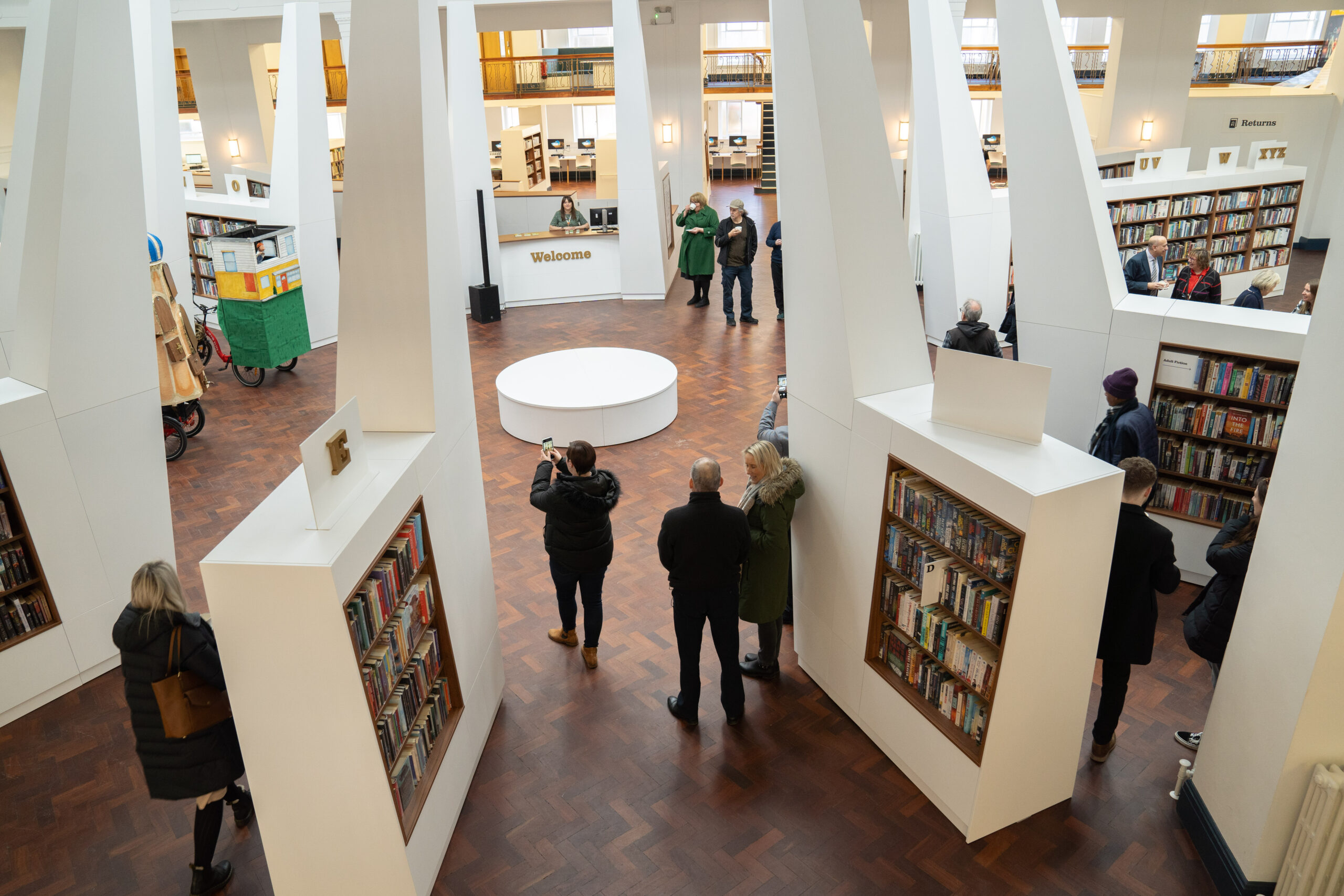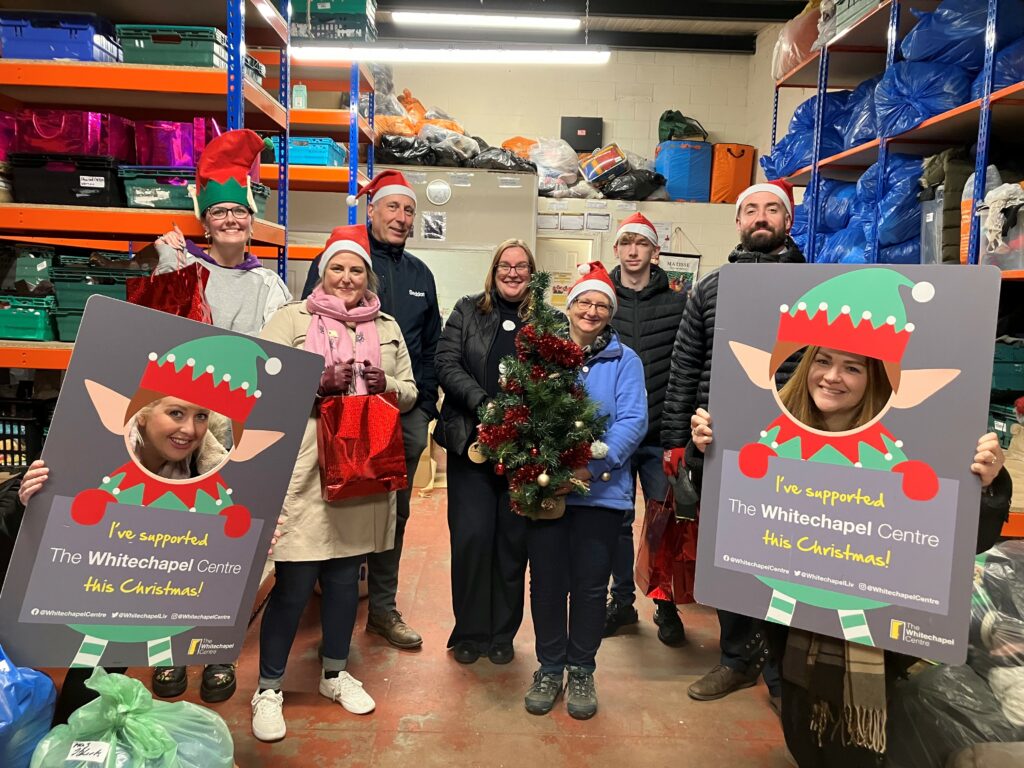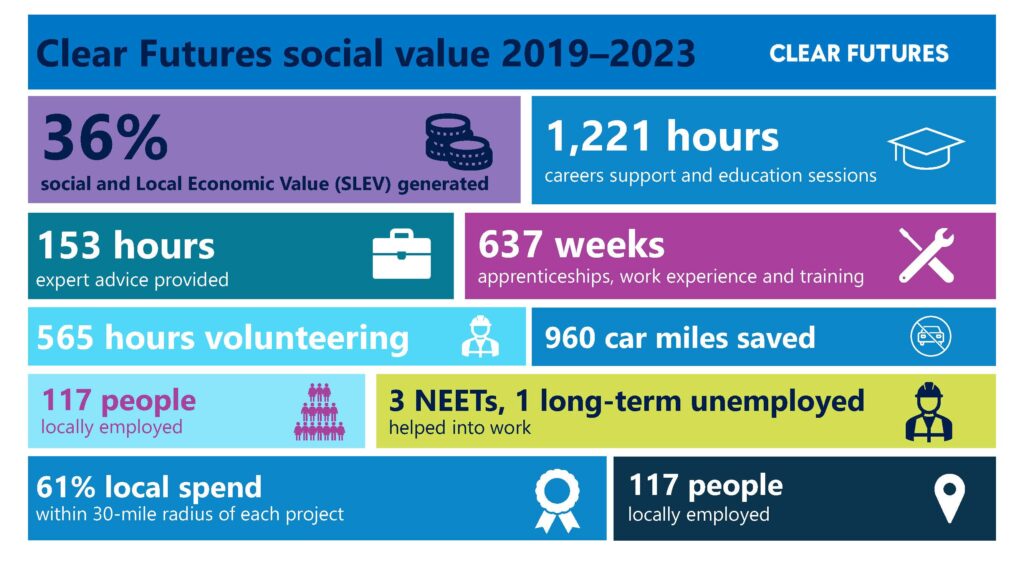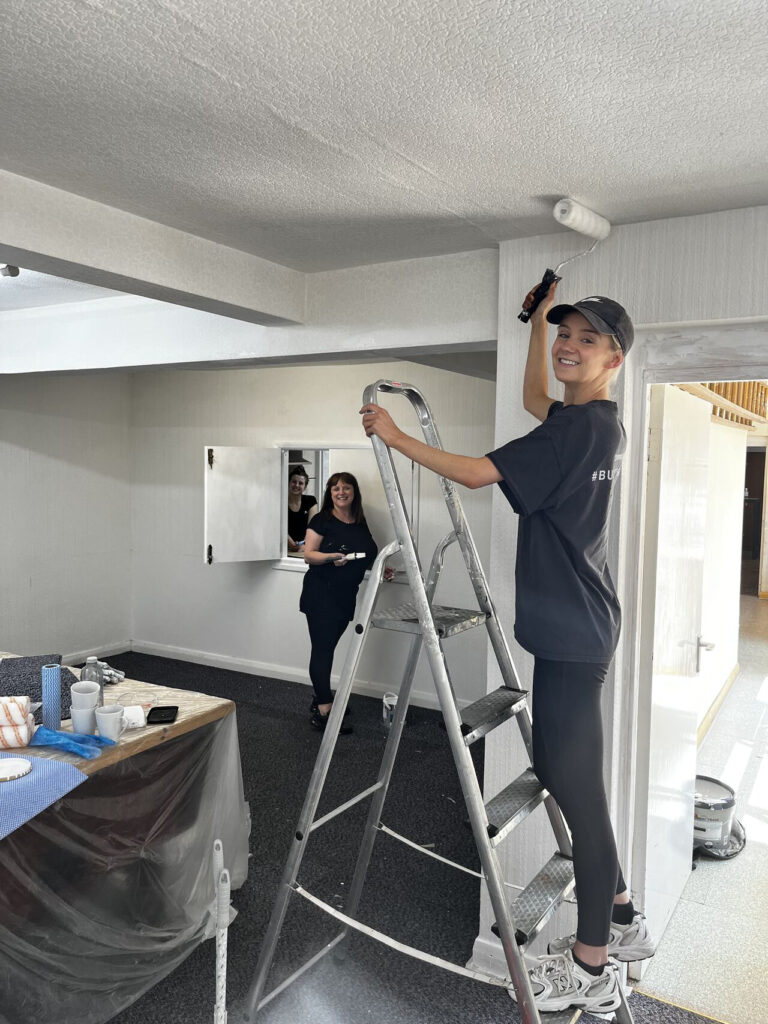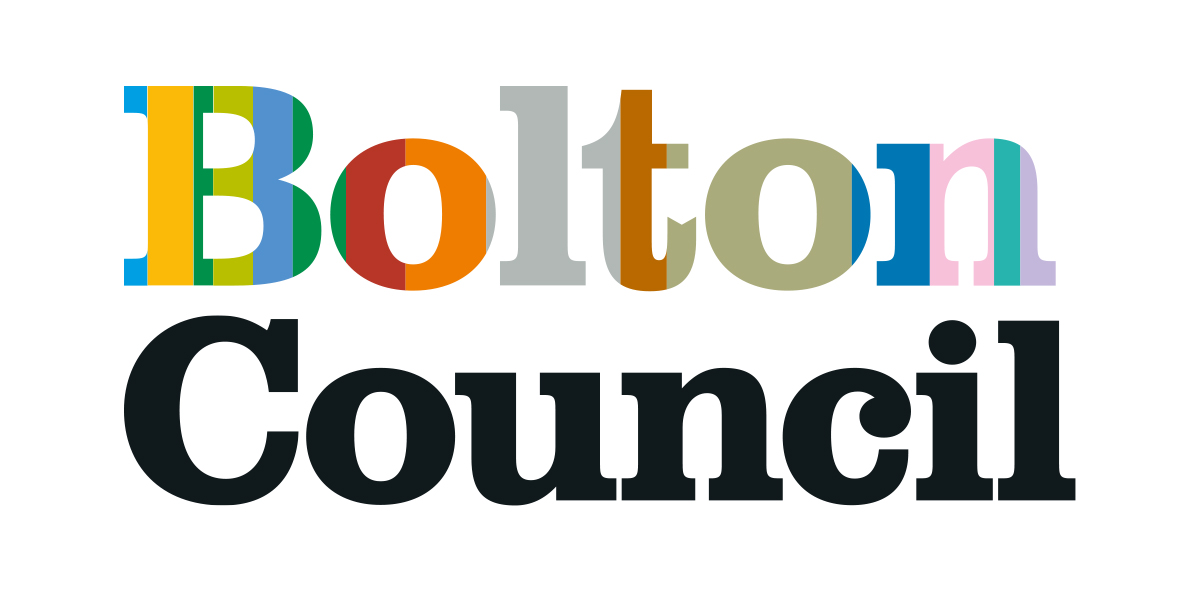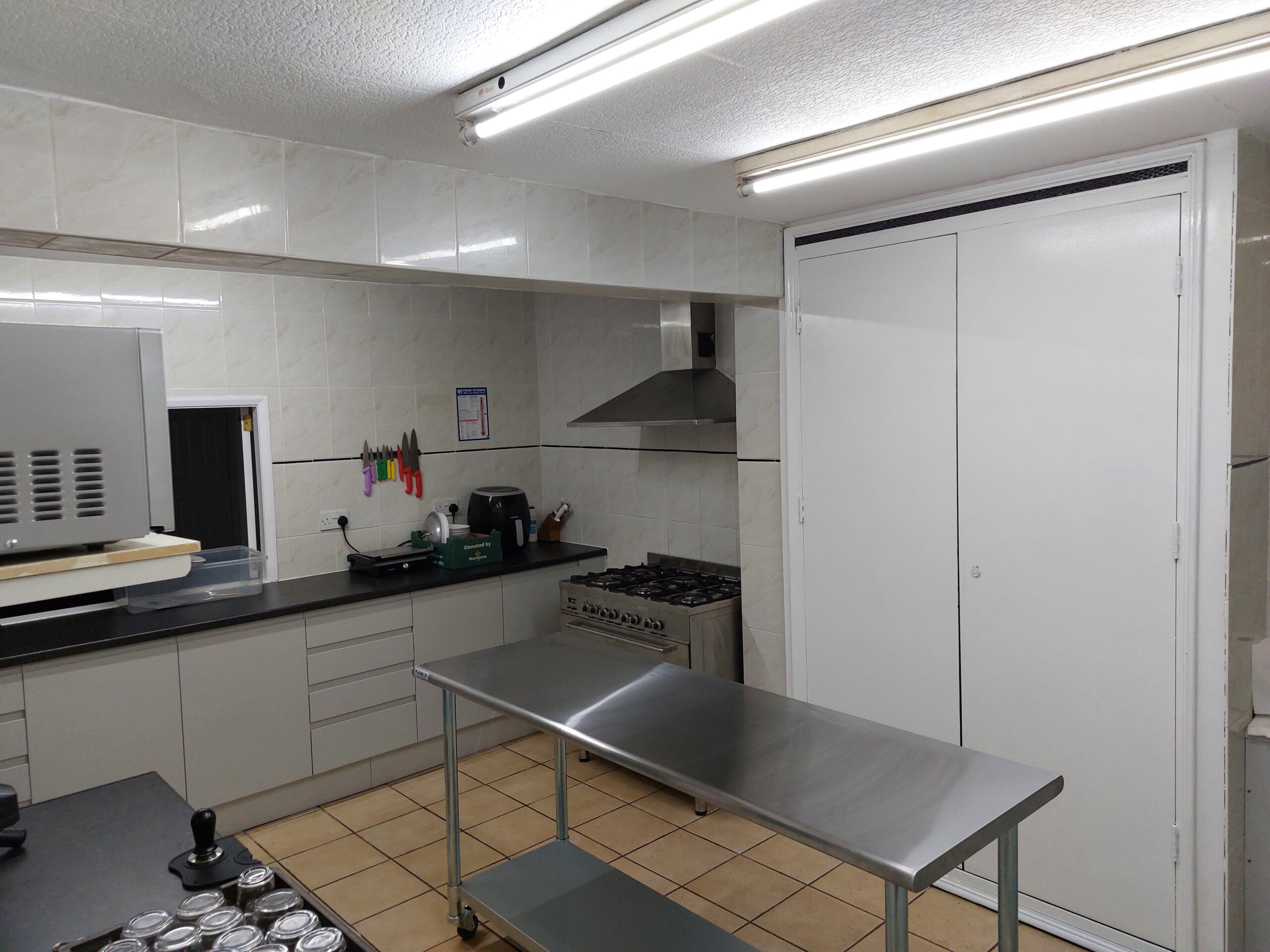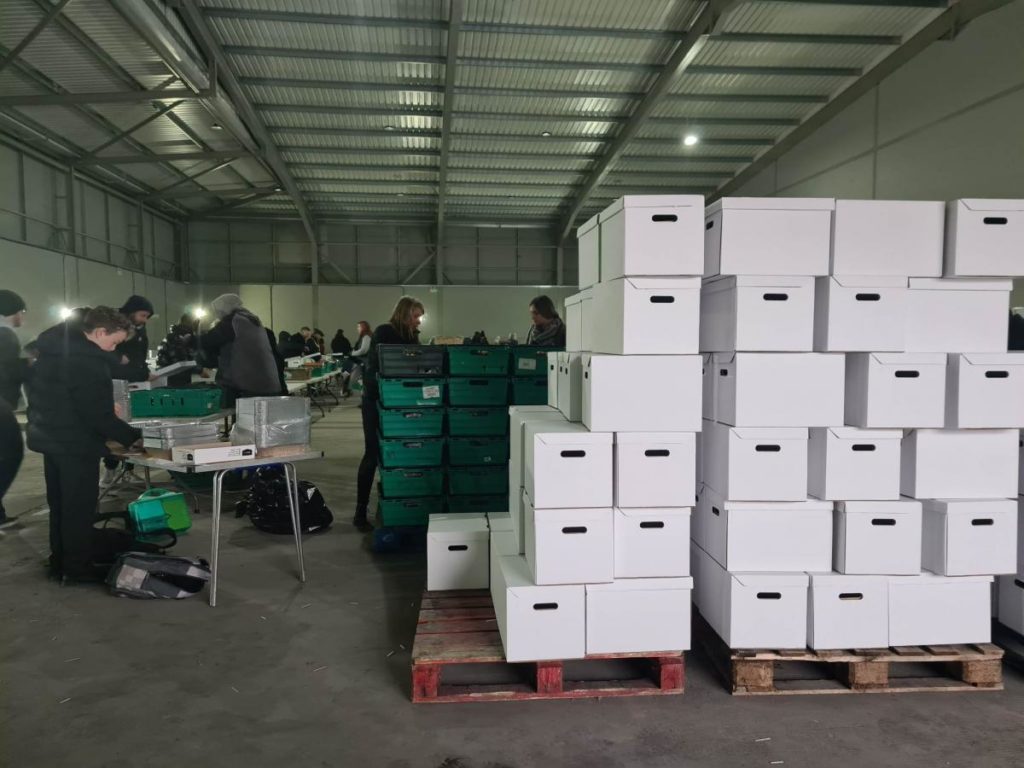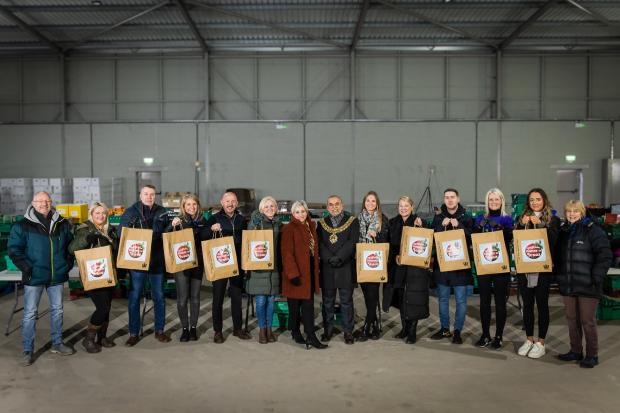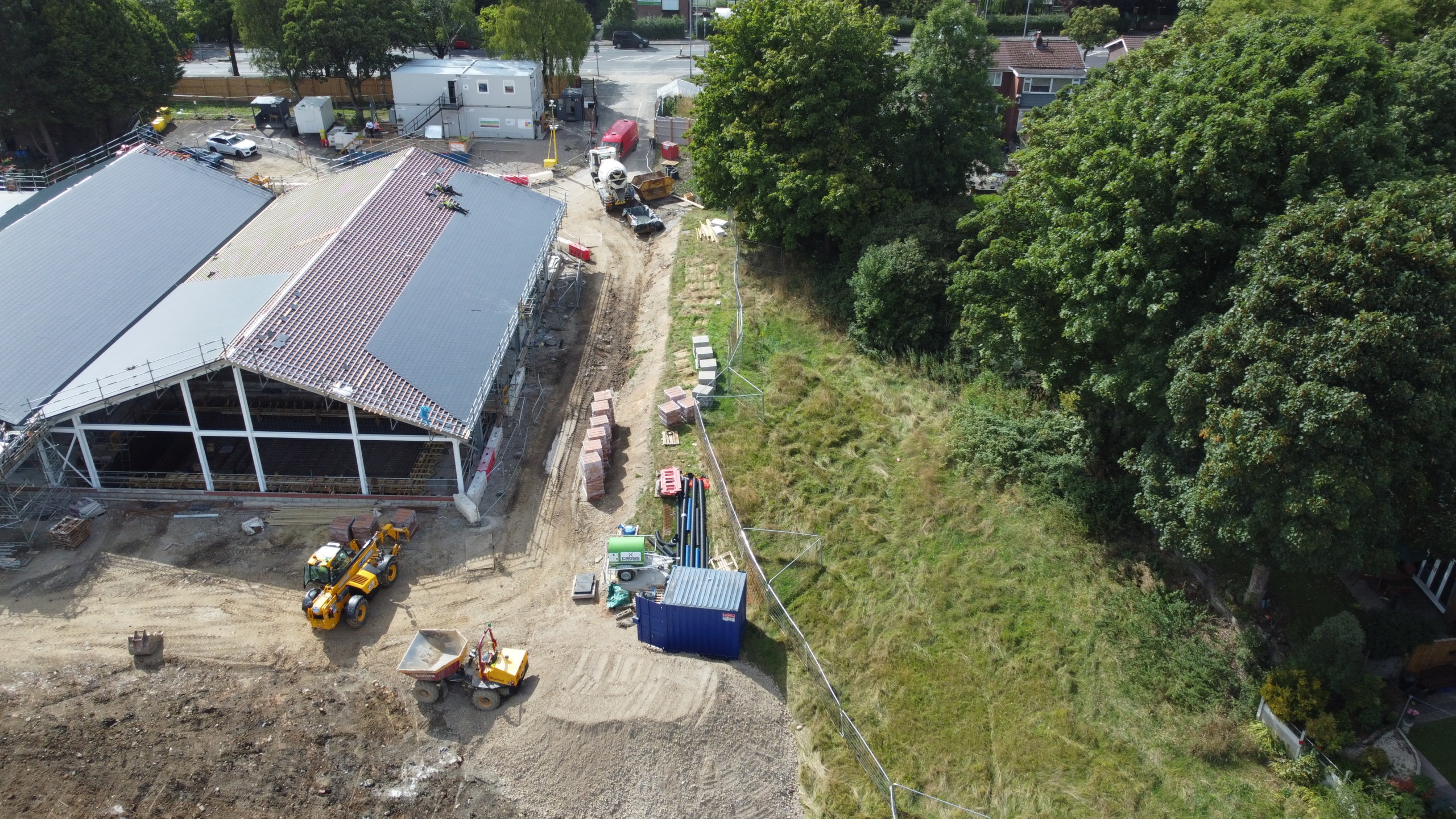Clear Futures supports long-term mentoring programmes for girls in Liverpool
Clear Futures is working with Girls Out Loud in Liverpool which is a social enterprise to deliver ‘The Big Sister mentoring programme’ over a 12-month period, running from 2024 to 2025. The programme provides life-changing mentoring support, focusing on themes such as personal identity, role models, career advice, improving confidence self-esteem self-respect and emotional resilience during their challenging teenage years.
Two mentors from Clear Futures strategic partners Robertson and AECOM, have volunteered to support The Big Sister Programme due to start in July 24 with girls from St Julies Catholic School in the city.
Clear Futures is committed to driving long-term social change through the work all its strategic partnerships and the aims of Girls Out Loud align perfectly with this ethos. Having someone to talk to and guide them through this frame-breaking time when their identity is taking shape, can make a huge difference to their lives in the long term.
Clear Futures Supply Chain Partner, Seddon Construction, attended the ‘Role Model Relay’ event in January 2024, which catered for up to 120 girls from St Julie’s Catholic High School in Liverpool. Inspiring female role models shared their amazing journeys and provided interaction through a structured, supportive speed mentoring format.
Watch the video below to find out more about Girls Out Loud Big Sister programme.
The Big Sister mentoring programme targets the girls who sit in the middle of the cohort and simply cruise and are in danger of becoming invisible as they are neither seriously disruptive, nor super academically gifted. They struggle to find their place and often get lost in the noise and either hide in the corner or look for validation in all the wrong places. At Girls Out Loud we understand these girls very well and believe they have the potential to be shining stars. They are the managers, leaders and entrepreneurs of the future and with some investment from a team of awesome role models to light the way they will learn to believe in themselves, find their voice, step up and shine.
Girls Out Loud
Strategic support for Special Educational Needs in Liverpool
Clear Futures and Liverpool Council have worked in partnership to deliver projects at pace to provide modern learning spaces for young people with special educational needs. Our Tier 1 suppliers delivered these projects and our work continues with the construction of new facilities in phase 2.
Read case study
Our strategic partnership with Liverpool
Clear Futures and Liverpool City Council began working together to deliver education projects at pace to provide modern learning spaces for local young people. As our partnership develops, we will explore opportunities to drive net zero action and provide strategic support to the Council to support local key priorities.
Learn more about our partnership